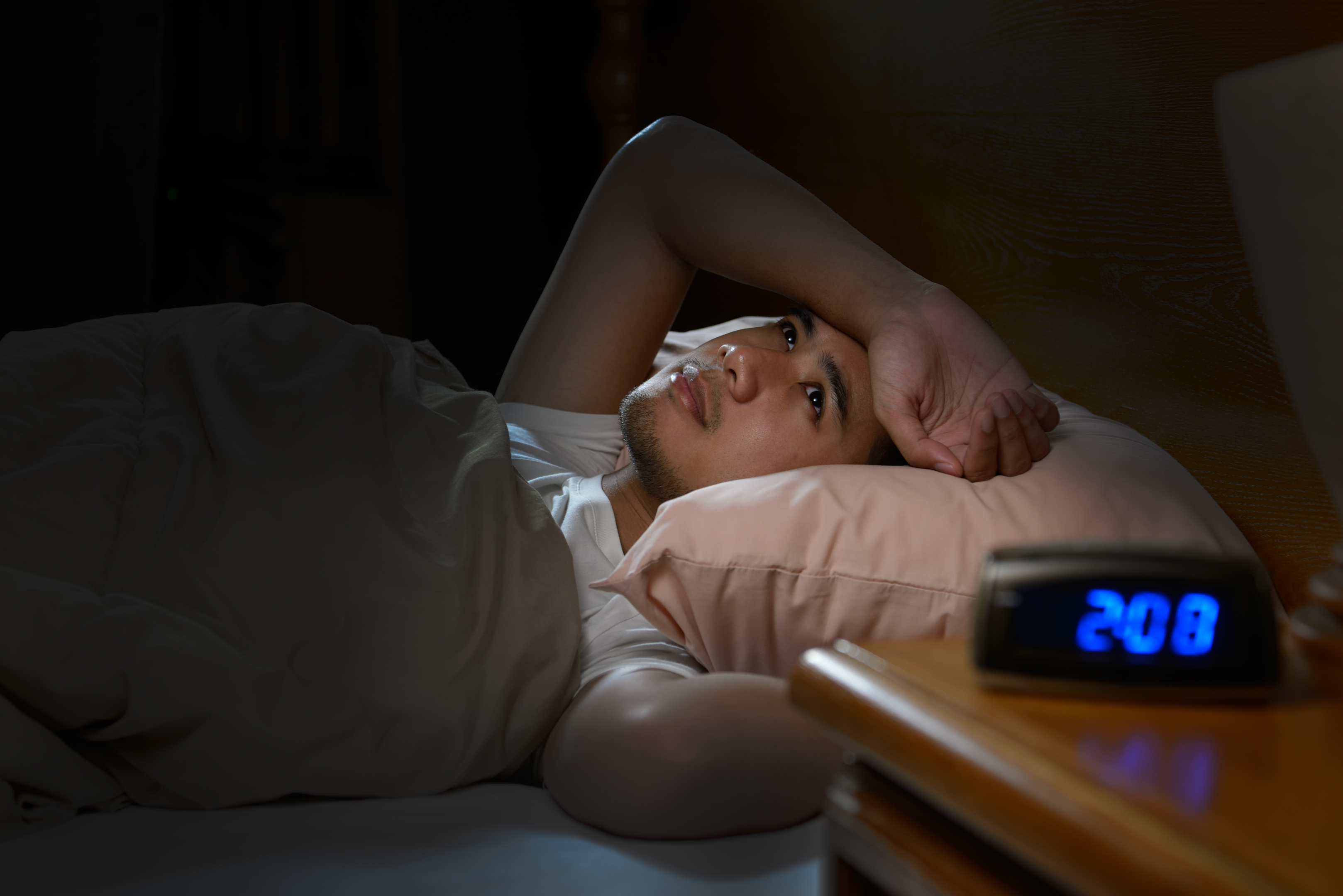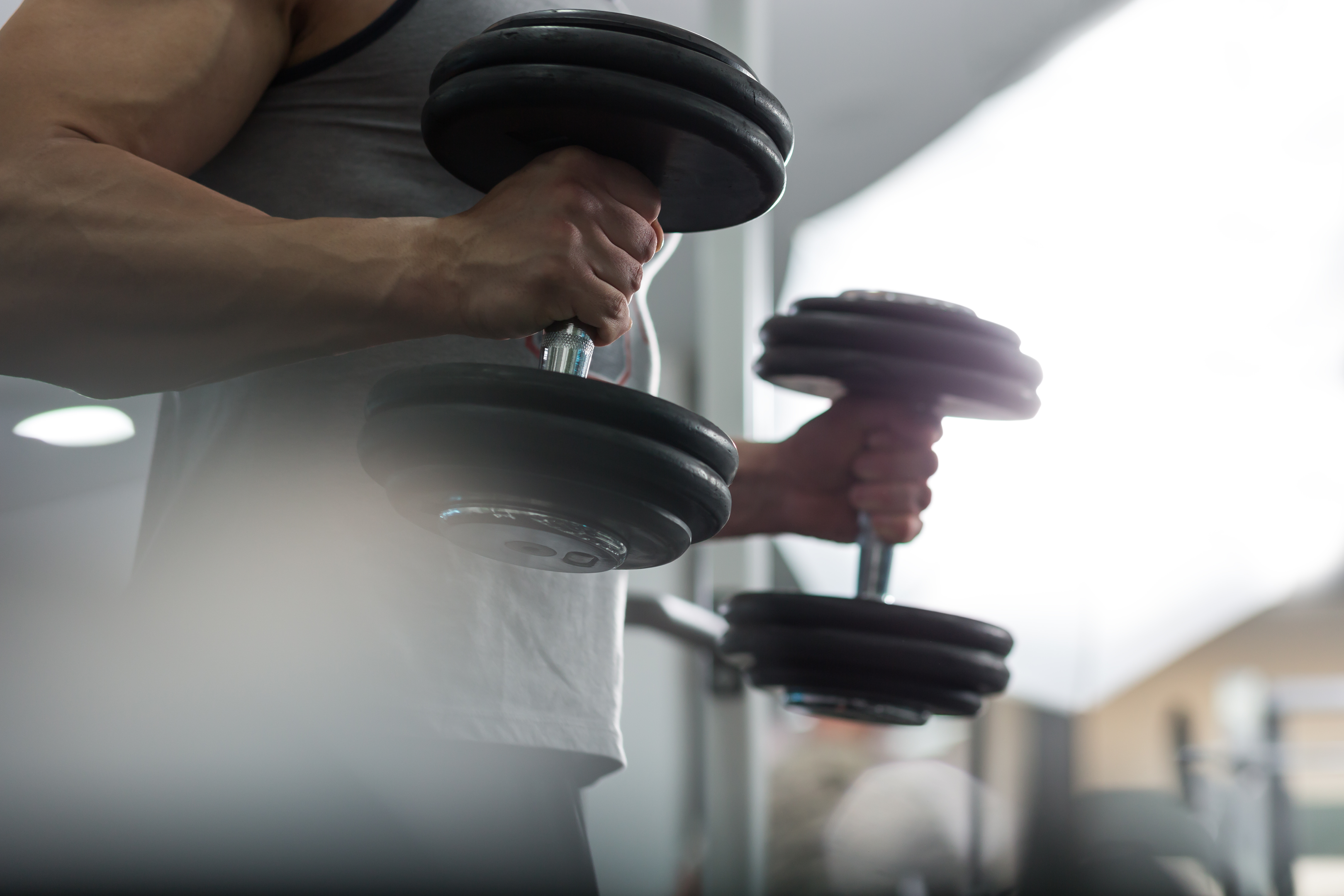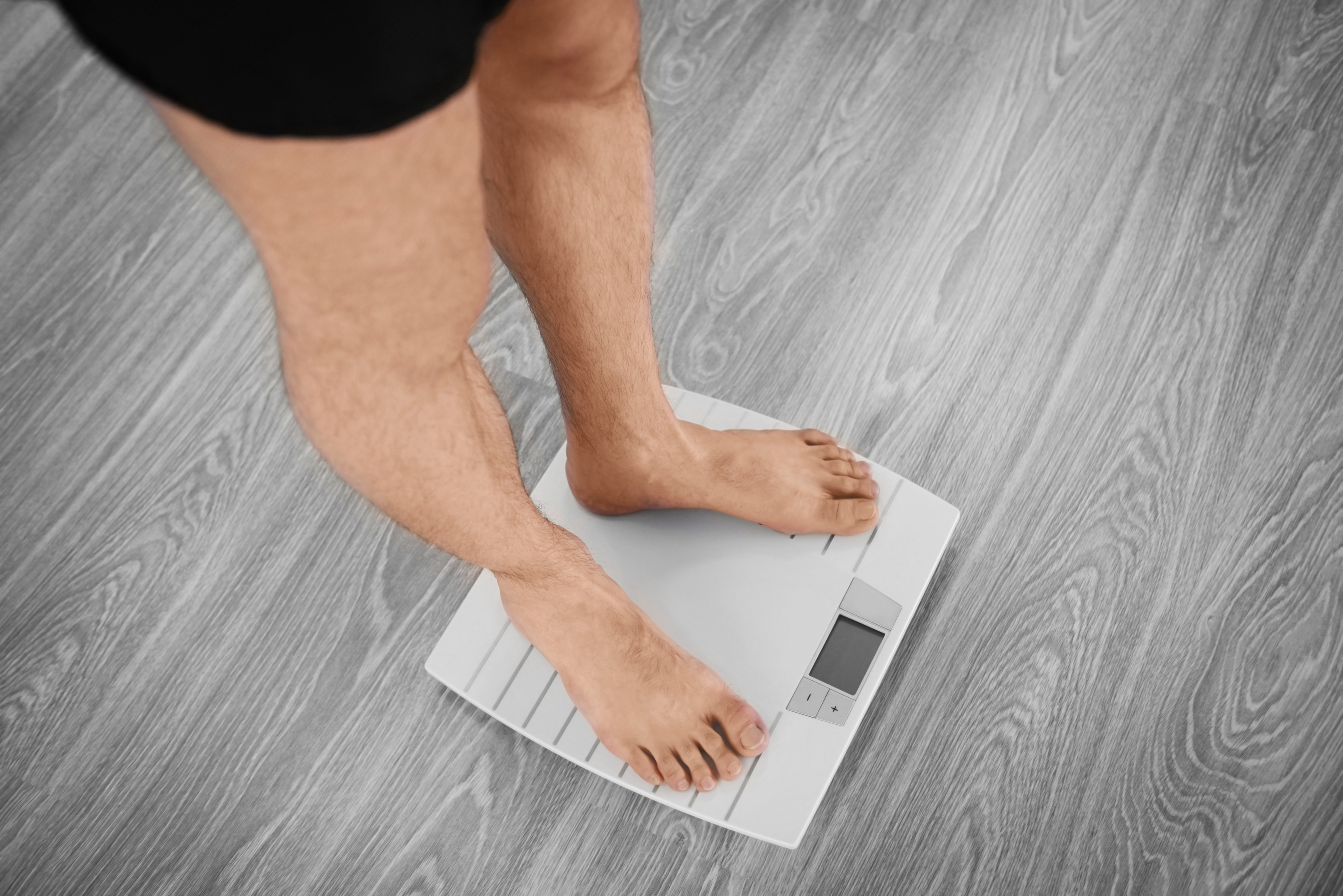What is testosterone?
You’ve probably heard of testosterone, but how much do you really know about it? Testosterone is the main sex hormone in men, but it is also found in smaller levels in women. In men, testosterone is made in the testicles and is responsible for the development of male sexual characteristics. In women, it is produced by the ovaries and adrenal glands.
Importance of testosterone
Testosterone is classed as an androgen and plays a very important role in male growth and development. During puberty, an increase in testosterone levels helps to ensure the proper development of the penis and testes, supports the growth of body and facial hair, and the production of sperm.
Testosterone is also linked to an increase in height, enlargement of the prostate gland, and also affects bone and muscle mass, how men store fat in their body and in red blood cell production.
Finally, it’s worth knowing that testosterone levels can affect a man’s mood, with too much testosterone linked to aggression and temper, and low testosterone levels linked to low moods and even depression.
What causes low testosterone?
Men are often surprised to learn that testosterone levels peak at around the age of 20-25 years old. After this, it naturally starts to decline at a rate of around 1% per year.
Nevertheless, there are other things that can also affect your natural testosterone production and lead to low testosterone levels. These include:
- Injury to the testicles
- Side effects of medicines, such as from chemotherapy
- Testicular cancer or other types of cancer
- Low thyroid function
- Problems with the hypothalamus and pituitary glands (which are responsible for hormone production)
- Being overweight or obese
This list isn’t exhaustive and if you think you may be suffering from lower testosterone, we recommend you speak to your doctor to try and determine the underlying cause.
Testosterone deficiency symptoms
Some men with low testosterone don’t experience any noticeable symptoms. Other men do experience symptoms of low testosterone, but don’t necessarily associate them with this issue and so overlook them.
Some of the most commonly reported symptoms of low testosterone include:
- Low sex drive
- Erectile dysfunction
- Weight gain
- Decreased in muscle size and strength
- Bone loss
- Low sperm count
- Increase in body fat
- Disturbed sleep schedule/insomnia
- Low mood and depression
- Poor concentration/brain fog
If you are experiencing any of these symptoms, speak to your GP. Your testosterone levels can be measured with a simple blood test.

Natural ways to boost testosterone
The good news is that there are things that you can do to boost testosterone naturally and maintain healthy testosterone levels going forward. For many men, just a few changes to ensure they have a healthy lifestyle is enough to increase their testosterone levels.
Dietary changes to increase testosterone
One of the easiest ways to increase testosterone production is to make some changes to their diet. Unsurprisingly, a health and nutritious diet is beneficial for your overall health and wellbeing, as well as your testosterone levels.
So, what should you be eating to improve low testosterone?
Well, let’s start with a generally healthy, balanced diet. This means getting plenty of protein, healthy fats and some slow-release carbohydrates to keep your energy levels up. Aim to avoid sugars and processed foods as these aren’t good for helping you to maintain a healthy weight (which plays a role in natural testosterone production). Moderate amounts of alcohol are thought to have no effect on testosterone, but too much alcohol consumption can cause weight gain and has been linked to low testosterone levels.
Nevertheless, there are more specific low-testosterone boosting foods too. These include:
- Ginger
- Oysters
- Pomegranates
- Leafy green vegetables
- Extra-virgin olive oil
- Onions
Some studies have also suggested that Vitamin D could also be important for increasing testosterone levels naturally. You can boost your natural Vitamin D levels by eating oily fish, such as salmon and mackerel, more red meat, egg yolks, and fortified foods, such as some fat spreads and breakfast cereals.
Exercise to boost testosterone levels
Getting regular exercise is important for general health, but many men don’t realise that it can help them to achieve healthy testosterone levels too. However, not all exercises are created equal if you want to boost your testosterone levels. Some are more effective than others.
Resistance training, such as weightlifting, is considered the best type of exercise to boost long and short term testosterone levels naturally. Other forms of resistance training include circuit training, squats, push-ups and weighted exercises such as bicep curls and leg presses.
High-intensity interval training, or HIIT, it another popular and effective method to increase testosterone levels. HIIT involves bursts of extremely intense exercises followed by short recovery periods, for example, 90 seconds of intense running followed by 90 seconds of walking.

Vitamins and supplements for increasing testosterone
Although there are lots of things you can do to increase testosterone levels naturally, many men look to use supplements, including testosterone supplements to help them counteract low testosterone and enjoy the benefits of balanced hormone levels.
One of the most popular supplements to improve levels of testosterone is Vitamin D. We’ve already talked briefly about altering your diet to include more Vitamin D, but there are other ways to increase your natural Vitamin D levels too, including increased sunlight exposure and taking supplements.
Zinc is another nutrient that can boost testosterone levels. Meat, poultry and some dairy products are a good course of zinc, but if you can’t get enough of this nutrient through diet alone, zinc supplementation can be helpful.
Research also suggests that magnesium supplementation can help to naturally raise testosterone levels in men. You can also stock up on magnesium by increasing whole grains, dark-green leafy vegetables and low fat milk and yoghurt.
Additionally, some studies suggest that supplements like Ashwagandha may help boost testosterone levels, offering a natural option for men looking to support healthy hormone levels, although there isn’t enough research to confirm this definitively.
Testosterone replacement therapy
Just having low testosterone doesn’t mean that you need testosterone replacement therapy. However, if you are experiencing some of the symptoms of low testosterone and they are starting to interfere with your day to day life, you way want to consider testosterone treatment, sometimes known as testosterone therapy or testosterone boosters, to increase your natural levels.
Testosterone replacement therapy isn’t a treatment to be taken lightly though. The main reason for this is that starting testosterone treatment can affect your natural ability to produce testosterone. As a result, we strongly suggest you consult with your healthcare provider before considering any sort of testosterone replacement therapy.
There are various forms of testosterone therapy including skin patches, gels and injections/implants.
Lifestyle changes to increase testosterone
There’s no getting away from the fact that positive lifestyle changes will do wonders for your overall health. You’ll also be pleased to know that they could also go a long way to increasing your natural levels testosterone, improving your muscle mass, moods and even your sex life!
What positive lifestyle changes can you make?
Maintaining a healthy weight
Our weight plays a big role in all of our body functions and obesity is thought to be a contributing factor in lower testosterone levels. If you are overweight or obese, weight loss should be a priority for your overall health. People who are overweight are also more likely to have underlying health conditions, such as sleep apnea, diabetes and even erectile dysfunction.
We know it’s not easy to lose weight, but a healthy diet and regular exercise is a great place to start.

Get plenty of sleep
Did you know that testosterone is actually made while you sleep? It probably comes as no surprise then that people who have sleep conditions like insomnia and sleep apnea could be affected by low levels of testosterone. If you suffer with either of these conditions, it’s a good idea to speak to your doctor about ways you can get them under control. Aim to get at least 7 or 8 hours per night if possible!
Reduce your stress levels
Most of us will experience stress many times our lifetime. However, if you study from severe or chronic stress (repeated periods of stress without a break) you could find that your testosterone levels are affected. Research evidence has shown a link between testosterone levels and different types of stress, including physical stress, psychological stress and actual bodily stress (such as recovering from illness or injury).
Keeping stress levels under control is easier said than done, but some of the techniques that some medical professionals recommend include:
- meditation
- yoga
- keeping a journal
- physical activity
- avoiding alcohol and recreational drugs
- taking time to connect with other people
- taking a break from social media
If you are worried that your stress levels are having an affect on your testosterone levels, don’t hesitate to speak to a medical professional for further advice and support.
Bottom line
Testosterone is one of the key hormones in men and play an important role at every stage of the male life. Fortunately, there are lots of natural ways to boost your testosterone levels and avoid the unpleasant symptoms of low testosterone.
Whether you decide to explore a healthy diet, weight loss, strength training, supplements or testosterone replacement, there’s a solution for increasing testosterone levels for everyone – you just need to find the one that suits you best!
While we've ensured that everything you read on the Health Centre is medically reviewed and approved, information presented here is not intended to be a substitute for professional medical advice, diagnosis, or treatment. It should never be relied upon for specific medical advice. If you have any questions or concerns, please talk to your doctor.




